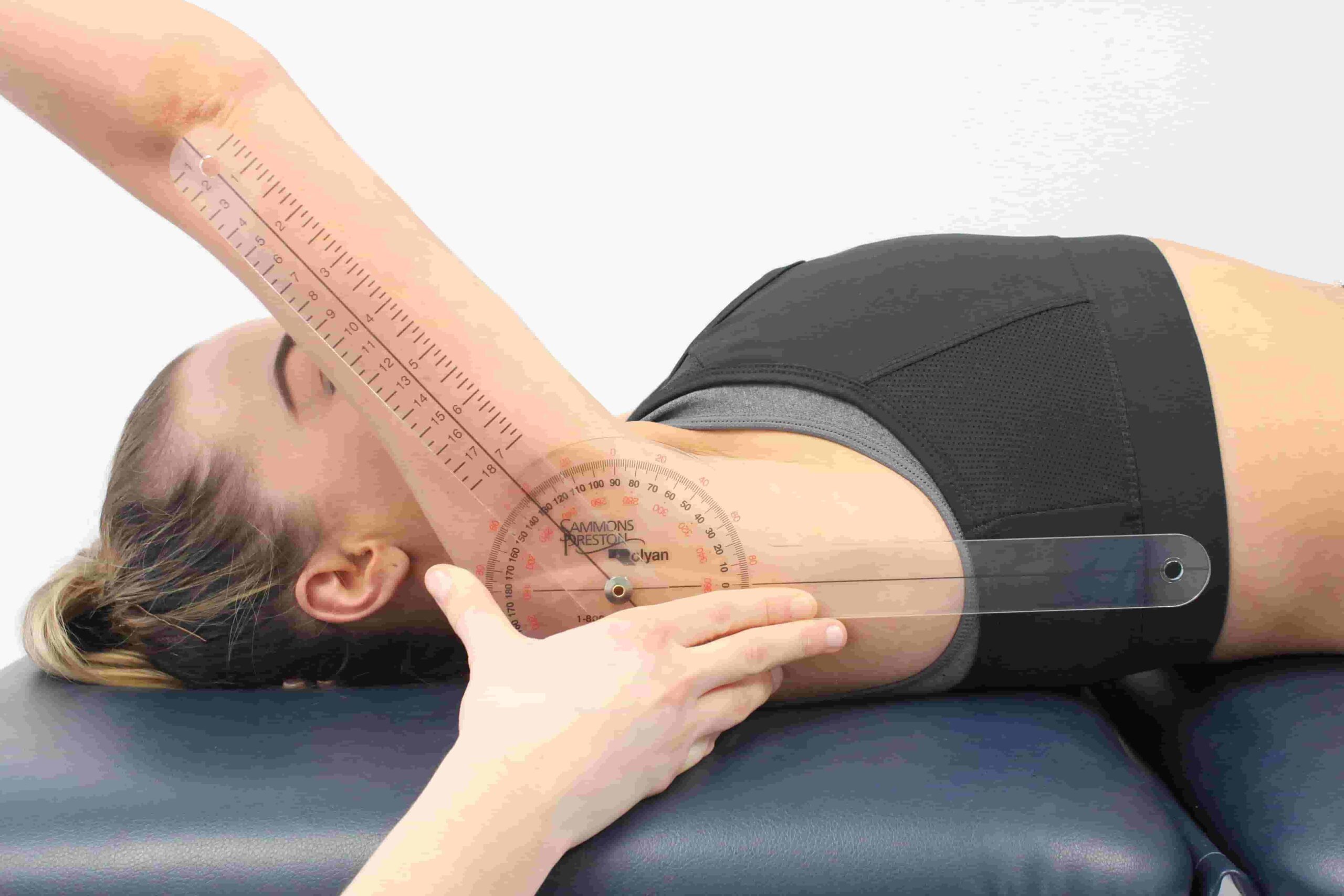Frozen shoulder, also known as adhesive capsulitis, is a painful and debilitating condition that restricts shoulder movement. This condition can significantly impact your daily life, making even simple tasks challenging. In this blog, we’ll explore what it’s like to live with frozen shoulder and provide coping strategies and tips to help you manage the condition effectively. If you are living with frozen shoulder and seeking expert guidance to manage the condition effectively, reach out to Specialty Care Clinics at (469) 545-9983 today.
Understanding Frozen Shoulder
Before we dive into coping strategies, let’s take a moment to understand frozen shoulder. It is characterized by pain and stiffness in the shoulder joint, which gradually worsens over time. The condition typically progresses through three stages: freezing, frozen, and thawing, each with its own set of challenges.
Seek Medical Evaluation
If you suspect you have frozen shoulder, it’s crucial to seek a medical evaluation. A healthcare provider can diagnose the condition and determine the stage it’s in. Early diagnosis and intervention can significantly improve your treatment outcomes.
Pain Management
Pain is a common symptom of frozen shoulder, especially during the initial stages. Pain management for frozen shoulder can include over-the-counter pain relievers, prescribed medications, or injections. Consult your healthcare provider for the most appropriate pain management plan for your specific needs.
Physical Therapy for Frozen Shoulder
Physical therapy is a cornerstone of frozen shoulder treatment. A physical therapist can design a tailored exercise program to improve range of motion and strength in your shoulder. Regular therapy sessions are essential for regaining mobility.
Heat and Cold Therapy
Heat and cold therapy can provide relief from pain and stiffness. Applying a warm compress or taking a warm shower before performing your prescribed exercises can help loosen the shoulder joint. Cold packs can be beneficial after physical therapy sessions to reduce inflammation.
Lifestyle Modifications
Adapting your lifestyle can make living with frozen shoulder more manageable. Consider making changes like using assistive devices for daily tasks, adjusting your workspace ergonomics, and avoiding activities that exacerbate your symptoms.
Supportive Devices
Your healthcare provider may recommend the use of supportive devices like slings or braces to immobilize the shoulder temporarily. These devices can help prevent further injury and support the healing process.
Gradual Progression
Frozen shoulder treatment requires patience. Progress may be slow, and it’s essential to celebrate small victories along the way. Stay committed to your treatment plan, and don’t get discouraged by temporary setbacks.
Communication and Support
Living with frozen shoulder can be emotionally challenging. Openly communicate your needs and limitations with friends and family. Seek emotional support from loved ones, and consider joining support groups where you can connect with others facing similar challenges.
Nutrition and Hydration
Maintaining a balanced diet and staying hydrated can contribute to overall well-being and support your body’s healing process. Incorporate anti-inflammatory foods like fruits, vegetables, and omega-3 fatty acids into your diet.
Maintain Overall Fitness
While shoulder movement may be limited, it’s important to continue working on your overall fitness. Participate in activities that don’t strain your shoulder, such as walking, swimming, or yoga, to stay active and maintain a healthy weight.
Consult a Specialist
Frozen shoulder is a complex condition that may require specialized care. If conservative treatments do not yield significant improvement, consult with a shoulder specialist who can explore more advanced treatment options, including surgical intervention.
Living with frozen shoulder can be challenging, but with the right coping strategies and a dedicated treatment plan, you can manage the condition effectively. Remember that each individual’s experience with frozen shoulder is unique, and what works best for you may differ from others. Stay committed to your treatment plan, seek support from healthcare professionals, and maintain a positive outlook. Over time, with patience and persistence, you can regain shoulder mobility and improve your overall quality of life.


